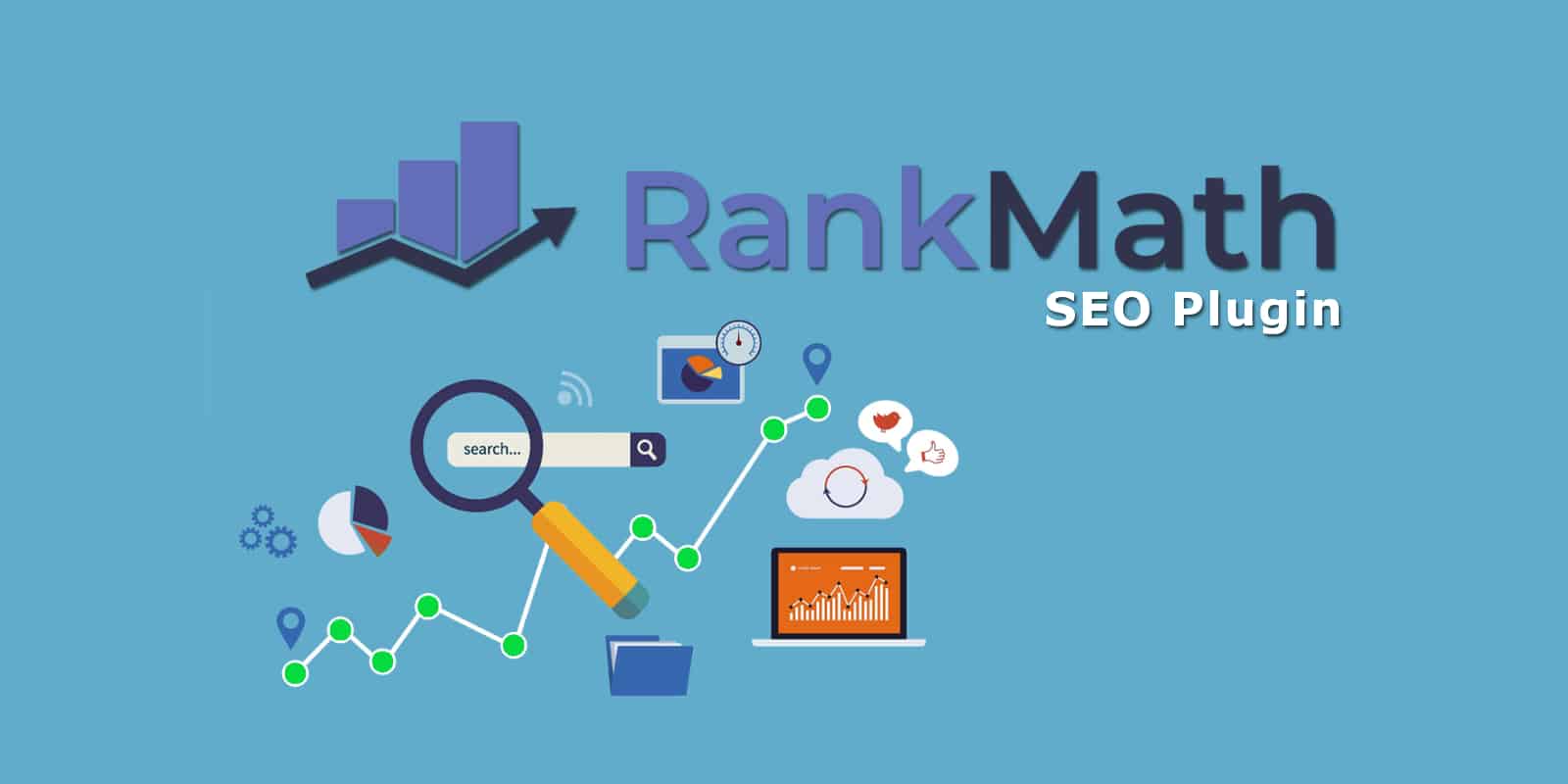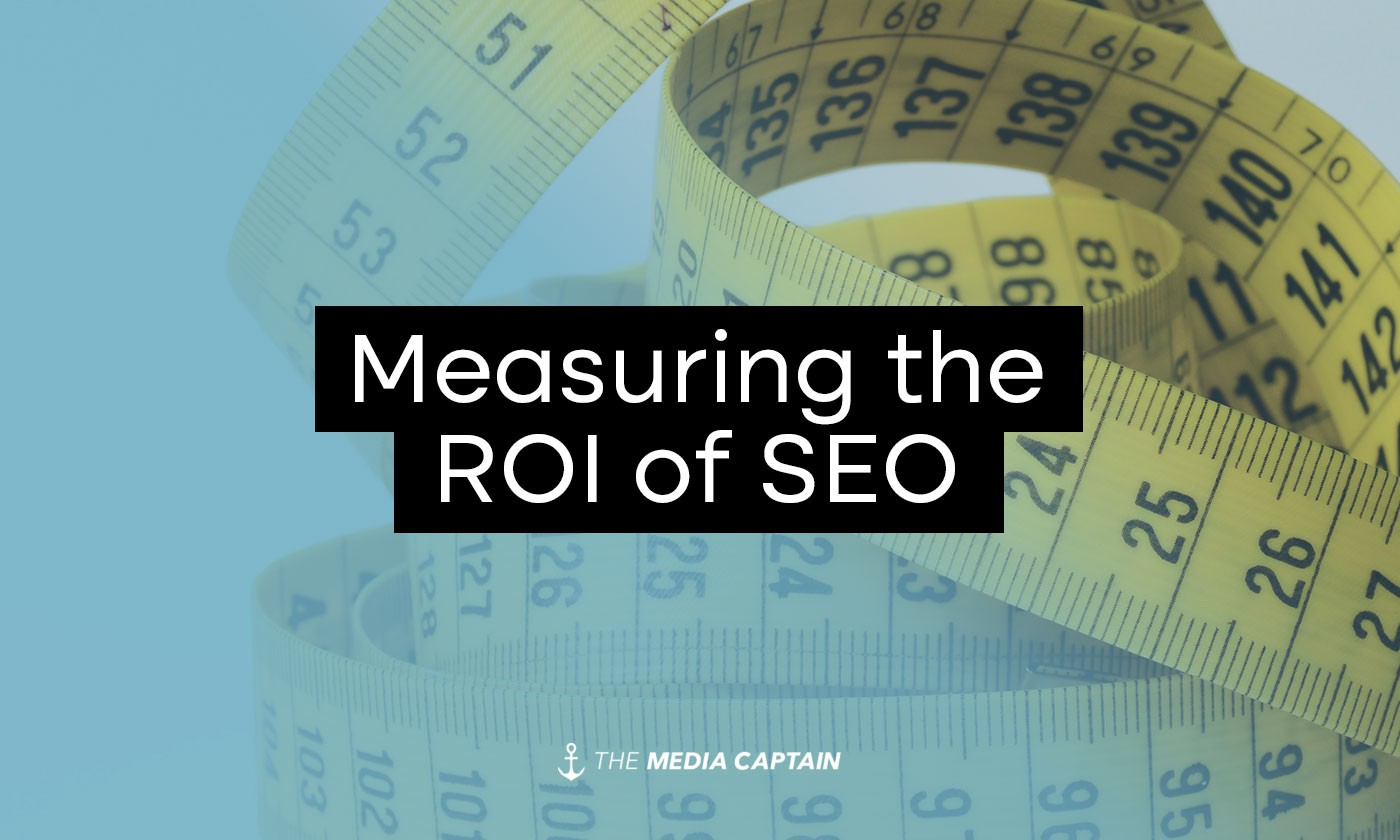What you need to know about emerging trends in SEO?

Stay ahead in the digital landscape with insights into emerging SEO tendencies. Explore the latest strategies and techniques shaping the destiny of search engine optimization for on-line achievement.
Similar to Google’s periodic algorithm changes, the SEO business is also unpredictable. Since no other industry is as active as SEO, one area that we know needs to be updated frequently is SEO trends. As algorithms get smarter every day, trends that were popular a few years ago—like voice search—are becoming less and less relevant.
It’s critical for us to stay updated on trends as SEO experts. While we work, we want the community to catch on to the same practices so that the industry sets new benchmarks and responds forcefully to those who disparage SEO as an old and dusty field.
Emerging Trends
Here are some emerging trends of SEO in 2023
Updating Content
A website’s material should be updated for several reasons. Above all, new and appropriate content may enhance user experience, which in turn can enhance a website’s search engine rating. A website’s rating on search engines may also be enhanced by consistently updating its material to keep it accurate and up to date.
As a matter of fact, you will discover that we regularly update the majority of our blogs with appropriate content. As soon as Google releases a significant update, certain blogs are updated, such as the Google Algorithm Update.
This page serves as a case study of how, simply by maintaining its relevance to the users, it has been performing better. This means that even if a page is generating a lot of traffic for you, the work is not over.
The work has just recently started!
There will be websites that provide material that is superior to yours within the next several years. They may include fresh data, statistics, and insights that will draw Google’s interest inherently. You must often update the information, like we do here, with helpful hints or significant updates if you want to stay up to date with them.
Expect Lower Organic CTR
Since the search engine powerhouse introduced several SERP features that offer consumers immediate answers to their inquiries, we have noticed a significant decrease in Google’s CTR.
Users don’t have to leave the search results to obtain the information they want thanks to Google’s fast responses. Actually, Google wants to retain people within its ecosystem so that it may have more control over the information it provides.
Furthermore, Google may monetize users’ time by showing them advertisements and encouraging them to visit its related services, which include YouTube, Maps, Shopping, People also requested for, and more.
AI Is Going to Be Everywhere
Since AI-generated content has improved significantly over the past several years, we anticipate seeing more websites include AI-based content.
As a matter of fact, we also know that Google’s algorithms struggle to discern between information created by AI and content created by humans. A new battle between Google and Bing-funded OpenAI is about to break out as the latter is achieving never before seen advances in natural language processing.
While OpenAI, with its GPT3 technology, is working to make AI content production more accessible to the general public, Google is utilizing the same natural language understanding to enhance its machine learning algorithms to comprehend the information on the web.
Google has always discouraged websites from employing artificial intelligence (AI)-generated material, and they recently introduced two Helpful material Updates to further tighten down on these types of websites. But in the last few years, we have discovered that Open AI is used by AI content generators like Jasper and Copy Ai to make content generation extremely easy to scale.
Google Updates the Layout and Functionality of Their Generative AI SERPs
Yes, Google does have visions of an AI-powered environment that is ready for the future. According to a New York Times story, Google is working nonstop on Project Magi, and it is anticipated that it would provide an engaging search experience supported by cutting-edge AI skills.
It seems that this forecast is almost certain to come true based on the experience summary of the generative AI-based Google search interface that was exhibited during Google I/O 2023. A special AI response box is displayed in the demo video above the search results.
In order to get a breakdown of the sources the AI used to create the material, users may additionally expand the AI answer box. Additionally, without having to click on the conventional search results, users may ask follow-up questions and receive more in-depth responses using the search box inside the AI answer box.
This can lead to a notable rise in zero-click results. Here’s the catch, though. Google tries a new strategy by trying to show relevant advertisements beside the AI response box. Consider it to be your own personal shopper. The AI search engine will assist users in making purchases without requiring them to exit the answer box by displaying advertisements according to their preferences.
That is a big benefit for product and service websites from a commercial standpoint. If you swish and flick, the user will become your client. Google is using Language Learning Models, such as MUM and PaLM2, to enable significant improvements in AI. That just serves as a preview of what Google Search will look like in the days ahead. We’ll have to wait till Google releases further details.
Google Will Lower How Often It Crawls and Indexes
We can be certain that Google is significantly lowering the frequency of its website crawling and indexing. As a matter of fact, we attempted to examine the crawl statistics of several websites and discovered that Google has significantly lowered the crawl pace since 2021. We listed Index Now as one of the SEO trends for 2022 for this reason, among others.
But it appears that Google has not yet accepted the Index Now protocol, as Google and Bing have. Index Now notifies search engines of content changes made inside a page, making it quicker and easier for crawlers to find and include them in the index.
Search engines, which would otherwise need to crawl a whole website in order to find fresh information, would save a great deal of resources as a result.
John Mueller previously hinted that Google would be implementing a protocol like Index Now, but as of right now, nothing concrete has been revealed.
Expanding Blogger Network and Individual Branding
Since so few personal blogs are able to connect with their actual readership, we think the days of personal blogging are coming to an end. Because of this, the majority of bloggers search for reputable websites in their particular field to post material on.
They can be certain that their writings will have many readers and responses in this way. Given that Google is clearly heading toward becoming an entity-based search engine in the near future, more people will use this tactic as part of their personal branding efforts.
Google’s algorithms will be able to ascertain the Experience and Expertise of the writer and, ultimately, whether to rank their material on the search engine results page by mapping each author (an entity) to a certain niche (another entity).
Because of this, writers and brands need to make sure they have sufficient digital proof of their authority and expertise in a certain field. For this reason, in 2023, E.E.A.T. will be the next trend to be aware of.
E.A.T.
Since the 2018 medic update, we have noticed that the phrase “EAT” appears frequently in the Google Quality Rater Guidelines. One of the main SEO trends for 2023 is expertise, authority, and trustworthiness. This is mostly because Google opted to add an extra E to the abbreviation for experience.
Experience has been added by Google to E A T, making it E E A T. The purpose of these four criteria is to aid Google in determining how trustworthy, safe, honest, and accurate the material is in order for it to rank well in search results.
Your website needs to be given more EEAT weightage if it is in a niche where the material, goods, services, or advice you offer have the potential to impact society, health, safety, or financial stability.
These websites’ published information is categorized as YMYL, or “Your Money or Your Life.”This implies that people who access material from these websites run the risk of unfavourable outcomes if they choose to believe what they see.?Actually, the majority of topics found on the internet are not YMYL and don’t demand a high degree of reliability or correctness.
In case your website is classified as YMYL, Google will look for other E E A T characteristics to determine the reliability of your website. Additionally, before ranking e-commerce sites and product review portals, Google searches for E E A T criteria. Google will verify if internet retailers have safe online payment methods.
Passage Indexing
Have you heard about Google’s most recent statement regarding Passage Indexing, a new algorithm? For those who feel that their long-form material isn’t engaging enough, Passage Indexing might be a game-changer.
Google claims that when it indexes web pages, it will now make use of the natural language processing technology to attempt to decipher the meaning of each section on the page.
This implies that, even if it is buried deep inside the main topic’s expanse, a specific portion (or sections) discussed in your article will now appear on search results for relevant search queries.
Core Web Pages
Core Web Vitals had the SEO world in a frenzy before we ever heard about Passage Indexing. Google has been pressuring webmasters to provide consumers a better page experience, as you may already be aware of.
This was essentially done to make sure that no person would leave a page they visited via Google search results because they didn’t have a positive experience. Page Experience Algorithm has been around for a while, and starting in May 2021, key web vitals will be added to it.
This implies that in order to calculate page rankings, it will combine with the currently used Page Experience signals, which include HTTPs, Intrusive Interstitial, Safe Browsing, and Mobile Friendliness.
The three essential components of the web are:
- Largest Content Paint (LCP)
- First Input Delay (FID)
- Shift in Cumulative Layout (CIS)
Google has officially announced that starting in May 2021, Core Web Vitals will be used to determine page ranking.
Helpful Content = User + Search Intent
The search query’s purpose and user behaviour will take priority over all other factors in 2023. Individuals’ search habits and intents are always evolving. People use Google and other search engines to get information about a topic in general or to discover answers to questions they have. Businesses gain by understanding user searches and offering them material that addresses their inquiries in addition to the users themselves.
Britney Muller of Britney Muller LLC says that as algorithms are becoming more sophisticated, SEO specialists should give up old SEO techniques that are of little to no use anymore.
All SEO is mobile SEO
In 2023, you will still need to make sure that your website functions properly on mobile devices. All SEO specialists will be heavily focused on the user experience on mobile devices.
The secret to a user-friendly website design is simplicity. Additionally, you must tailor the material on your website to the requirements of your visitors. In the end, Google will only consider your mobile site when determining your ranks, disregarding your desktop site altogether.
Therefore, if up until now you have just given the bare minimum attention to improving the user experience on mobile devices, it is now time to give it your full attention. It’s time to think about switching to a mobile responsive website if you currently have distinct desktop and mobile versions.
Scalability of SEO
In 2023, if you want to outperform your rivals, you should concentrate on making your SEO services more scalable. Vice President of Product Marketing and Training at seoClarity Mark Traphagen advises making a list of every activity and process and then figuring out which of these phases SEO tools can automate.
Additionally, you want to put in place an alert system that tracks any noteworthy alterations, such as modifications to the content or URL, or rankings of your most crucial keywords. Create Standard Operating Procedures, or SoPs, for any additional duties that are not automatable.
Conclusion
The SEO trends for 2023 are as follows. SEO is a never ending process. Put these SEO techniques into practice for your website to keep one step ahead of the competition. Which of these tactics, in your opinion, will be most crucial in 2023?
Get more helpfull upadated information with just one more click on our blog. Click Here…

